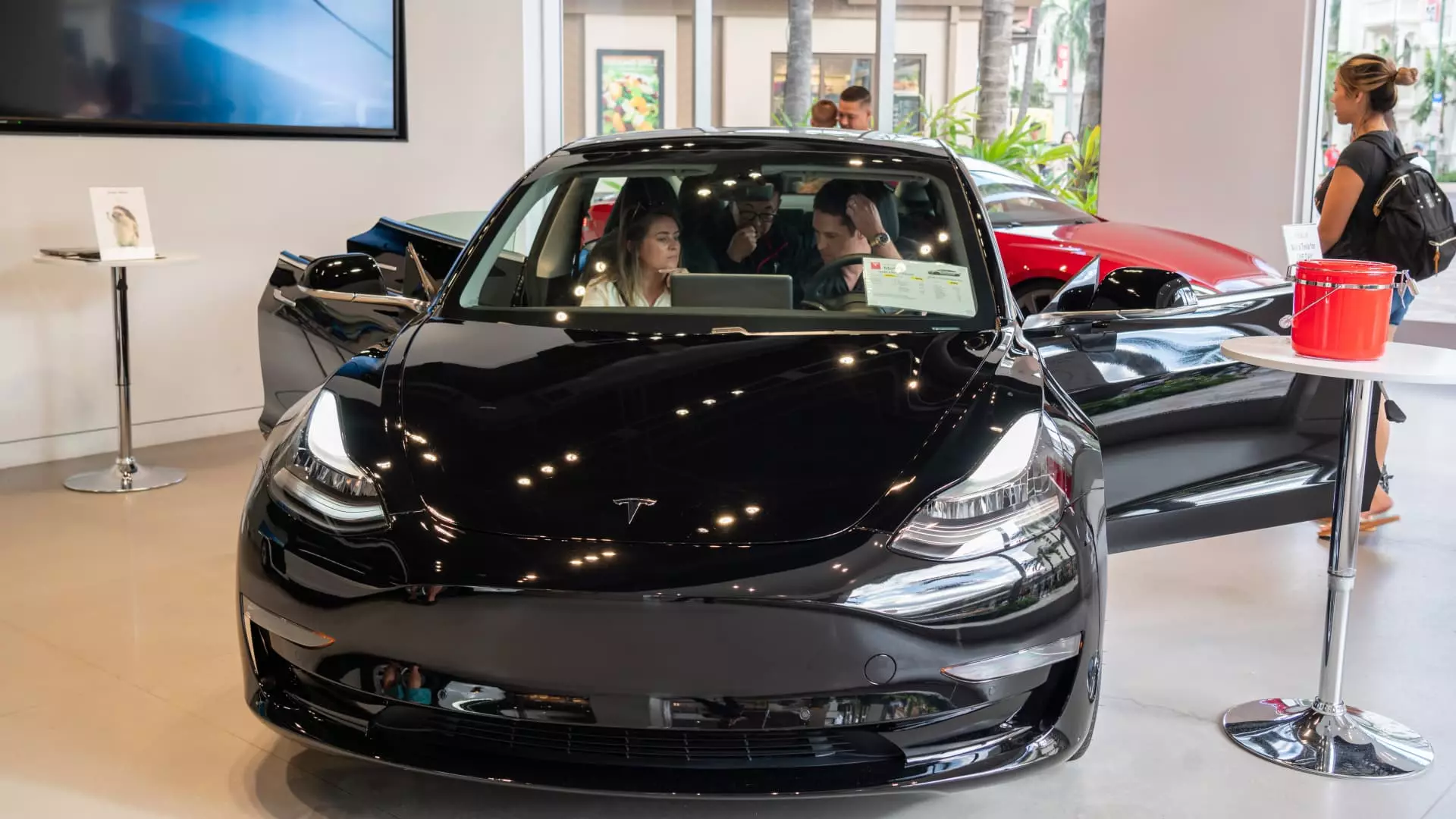When it comes to electric vehicle (EV) adoption in the United States, Hawaii is often overlooked as a leader in this transition. Despite its small size and remote location, Hawaii has emerged as a frontrunner in the shift towards all-electric vehicles, with 11.9% of new retail vehicles sold through February being EVs. This places Hawaii fifth in overall EV adoption, a surprising feat for a state not typically associated with cutting-edge technology.
Factors Driving EV Adoption in Hawaii
The success of EV adoption in Hawaii can be attributed to several key factors, including high fuel costs, the availability of renewable energy for charging, and the state's unique cultural values. According to Ivan Drury, director of insights at auto research firm Edmunds, Hawaii residents have a strong sense of responsibility towards stewarding the land, which aligns with the environmentally-friendly nature of electric vehicles. The popularity of hybrid models in the state has also helped pave the way for the transition to EVs, with 19% of vehicles in Hawaii being hybrid models.
Gasoline prices play a significant role in driving EV adoption in Hawaii, with prices averaging $4.72 per gallon, making it the second-highest in the U.S. after California. This high cost of fuel makes electric vehicles a more attractive option for consumers looking to save on transportation costs. Additionally, road trip concerns, which have been a hurdle for EV adoption in other states, are less of an issue in Hawaii due to the state's small size and limited road network. This makes EV ownership more practical for residents, as the need for long-distance travel is minimal.
While Hawaii has made significant strides in embracing electric vehicles, there are still challenges that must be addressed to further accelerate adoption. These challenges include the lack of charging infrastructure, affordability issues, and limited vehicle choices. Despite these obstacles, there is growing interest in EVs among consumers, with the introduction of new models like Kia's EV9 SUV generating excitement in the market. However, the average cost of an EV from a franchised dealer in Hawaii remains high, with the price exceeding $62,600 on average.
While Hawaii may be ahead of the curve when it comes to EV adoption compared to other states, it still faces many of the same challenges as the U.S. mainland. A recent Gallup poll found that less than half of U.S. adults are considering buying an EV, with affordability and charging infrastructure being key concerns. Despite these challenges, Hawaii's success in EV adoption serves as a model for other states looking to transition to a more sustainable transportation system.
Hawaii's emergence as a leader in electric vehicle adoption is a testament to the state's unique combination of high fuel costs, renewable energy availability, and cultural values. While challenges remain, the success of EVs in Hawaii demonstrates the potential for widespread adoption of electric vehicles across the U.S. By addressing key barriers to EV ownership and promoting the benefits of sustainable transportation, Hawaii is paving the way towards a greener, more environmentally-friendly future.

